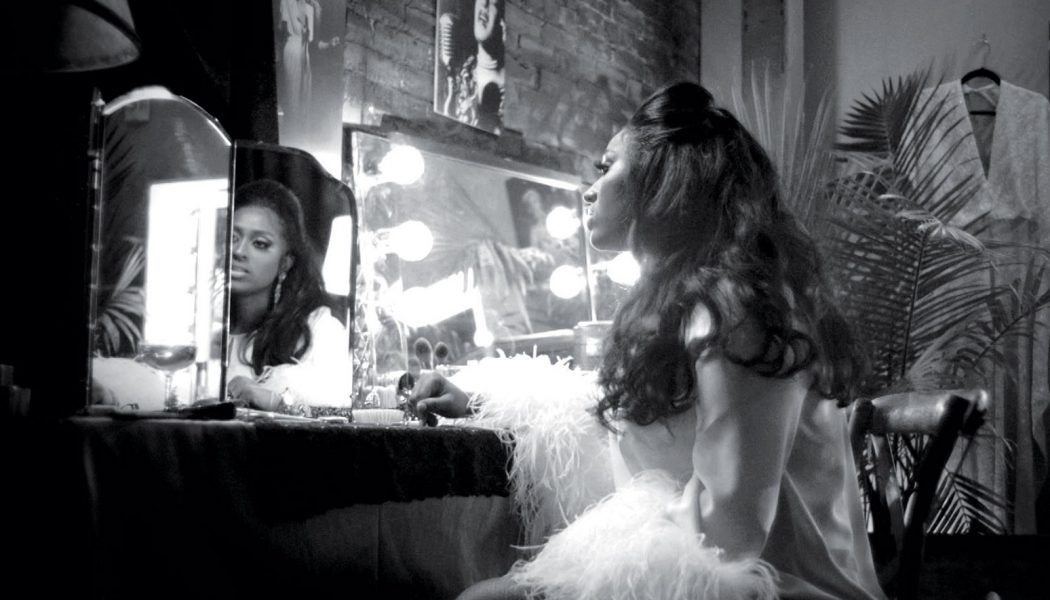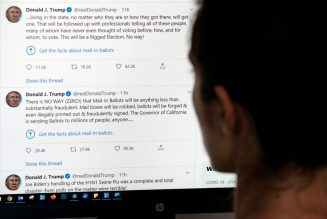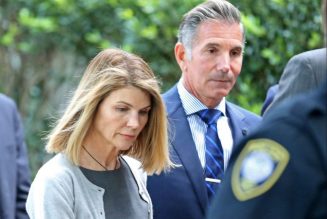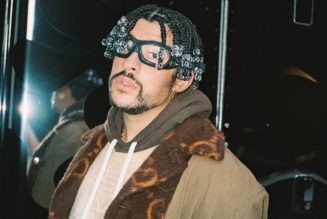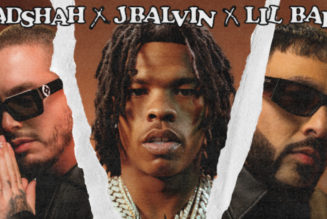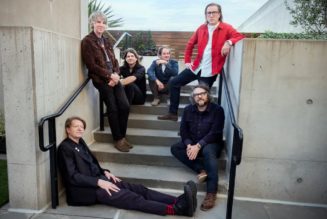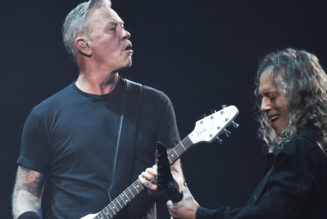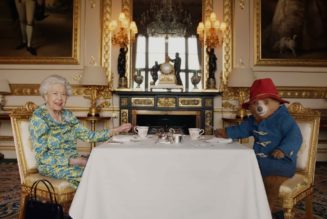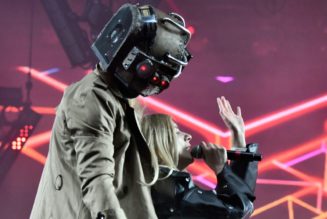
You followed an earlier three-year recording break with a five-year interlude. Are these breaks intentional or happenstance?
As far as length of time, it’s not really intentional. I’ll just chill for a second and then a little break turns into a longer break. But as long as it turns out to be, I do feel breaks are necessary. Taking breaks when you’re younger, it feels different than when you’re older. For one thing, getting yourself back into the swing of things is different, both physically and vocally. I’m starting to understand that now. It’s a different kind of building back up as you get older … even things like getting up earlier and doing interviews.
How has the pandemic inspired and challenged your singing and songwriting?
I’m amazed people are telling me I sound stronger and more confident on this project. I’ve battled with myself to feel confident in who I am since I was a kid, and I’m still working at it. So [these songs] were inevitable, and the tales are simply conversations that I’ve had with my girlfriends since forever about regular life; things I’ve been hearing and talking about since we were in high school. Now I’m just glad that people can hear them and hopefully relate to them in some kind of way.
What was the first song that cemented your path to Heaux Tales’ female empowerment theme?
This project was different in that I was actually only writing pieces of songs at the time; I’d do maybe a verse or a hook, then I’d put it away and not think about it for a while. So I can’t really say there was one particular first song, but the first song that I loved once I completed it was “Lost Ones.” My mom had encouraged me to keep writing and finish it. It’s very honest, very emotional and different in terms of my approach to writing and singing. Usually when I do a ballad, I kind of go all out with the vocal production. I was really worried because the song is bare in that aspect.
How does Heaux Tales speak to the industry’s and society’s ongoing issues with systemic bias and female inclusion?
Feeling undervalued, unappreciated and overlooked, even as we work harder, is always in the back of women’s minds. This project is about taking up this space and doing so in a way that you choose to, not because you’re told how to by men or society. How I present myself is how I choose to, and you’re going to accept it. Women are really standing in their confidence and power now, and I wanted to add to that in this way. I see it so much in the new artists and other women who are shining now. It makes me proud.
You’ve talked about coming out of your comfort zone for this project. What’s another example of that?
I usually go into the studio with an engineer, get a track and work like that. Because I’d done so much work at home, I decided to go to Los Angeles for a week and work with other songwriters for the first time. That’s when I met [songwriting/production duo] Nova Wav. Nothing came out of those particular sessions, but sometime later Nova Wav reached out and said they had a song they thought would be dope. It sounded real R&B, something I felt was missing from this project: a stand-out, R&B mid-ballad that people are used to hearing me do. That’s how I came to record “Pick Up Your Feelings.” I want to work more with other dope artists and writers to see what we can create.
Why did you want to work with H.E.R. for “Girl Like Me”?
She’s the real deal: plays every instrument, is a vocal beast who sings her behind off and can write. We got it done quickly with no fuss or anything, barely any manager talk. I texted her; she said it was dope. It was so easy and refreshing to not have to go through the industry stuff.
How did you react to hearing your 2010 song “Holding You Down (Goin’ in Circles)” sampled on Megan Thee Stallion’s “Circles”?
I was excited and also surprised she knew me. I really feel like I’m so much older than a lot of artists now. But I noticed she’s in her early 20s, around the same age I was when I came out. She’s dope though, and the sample is cool. It’s interesting how she flipped it and made it her own. I would have never thought of something like that.
Why do you think your music still resonates with fans and newcomers like Megan?
People want to hear themselves when they listen to an artist’s music. And for me, music remains therapeutic. It’s still my way of communicating. Finding the right words to express myself is freedom as I work to get everything out that’s trapped inside of me.
What’s your take on R&B’s current status?
Between SZA, H.E.R., Ari Lennox and others I hear, it’s in an amazing place. These women possess their own identities and don’t sound like each other. Everybody is doing their thing.
A version of this article originally appeared in the Jan. 16, 2021, issue of Billboard.
